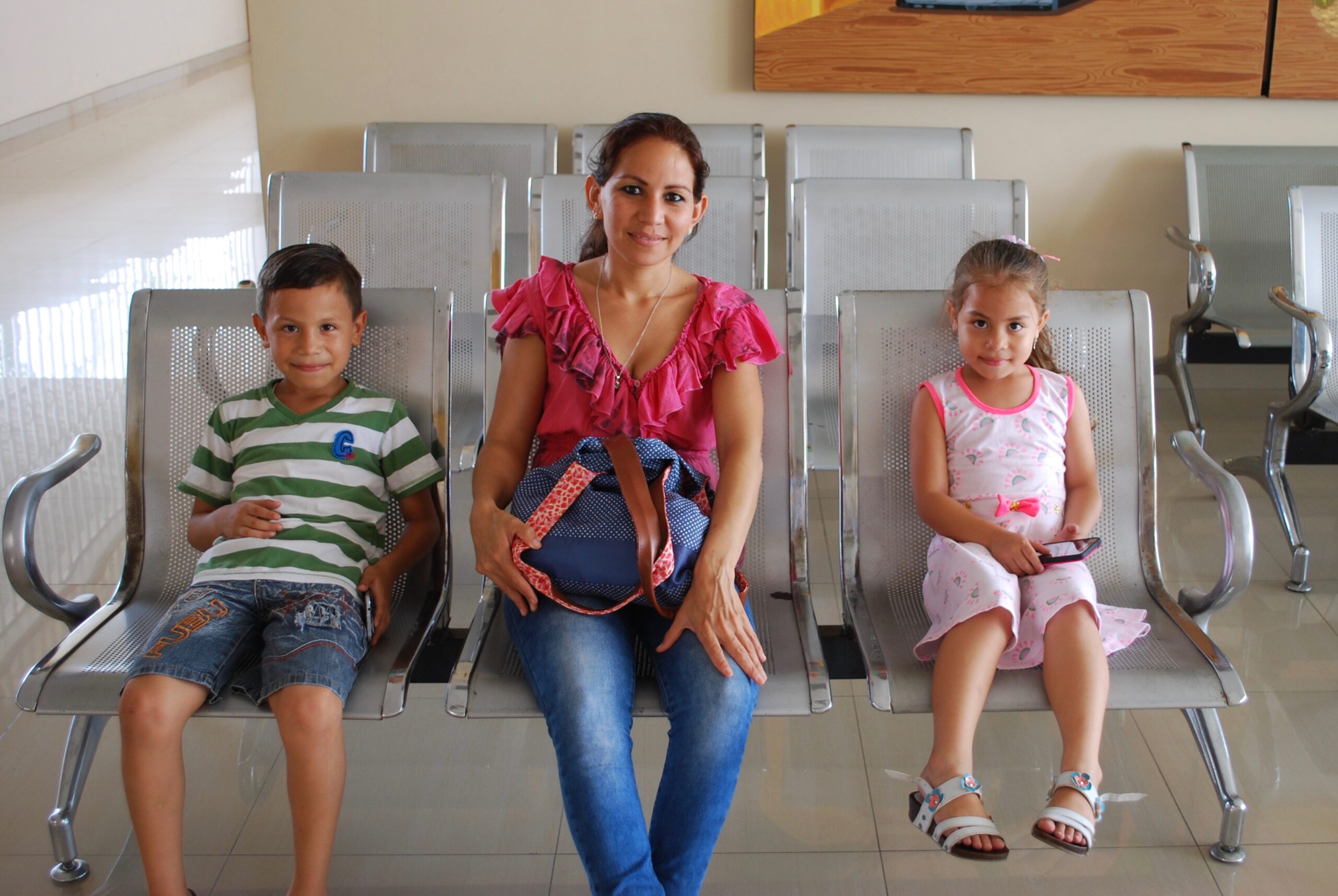Rural Ecuadorian populations face a wide range of health care issues rooted in social, economic, and political determinants. A major issue for rural populations is the relative lack of access to high quality, reliable health care. Outpatient facilities are inaccessible and the nearest hospitals are typically hours away in major cities, forcing sick villagers to overcome geographic, economic, and cultural barriers to seek care. Those who are willing and able to pay for health services would greatly prefer to receive quality care in their own community if such facilities were available to them.
Primary Healthcare as a strategy has accomplished much in Ecuador. Nevertheless, women continue to suffer and often die from pregnancy complications. Children continue to die at an alarming rate from infectious diseases. Illnesses such as diabetes, cardiovascular disease, and arthritis, now more common because of an aging population, are not treated appropriately because most health professionals do not have the capacity to manage these chronic maladies in the rural setting. Less than half of doctors in Ecuador have residency training, and the vast majority of those physicians live and work in the two major cities.
